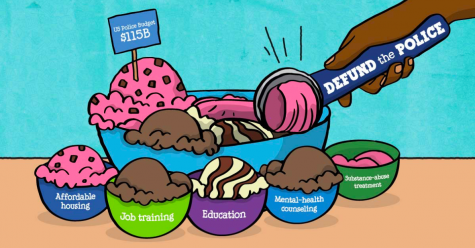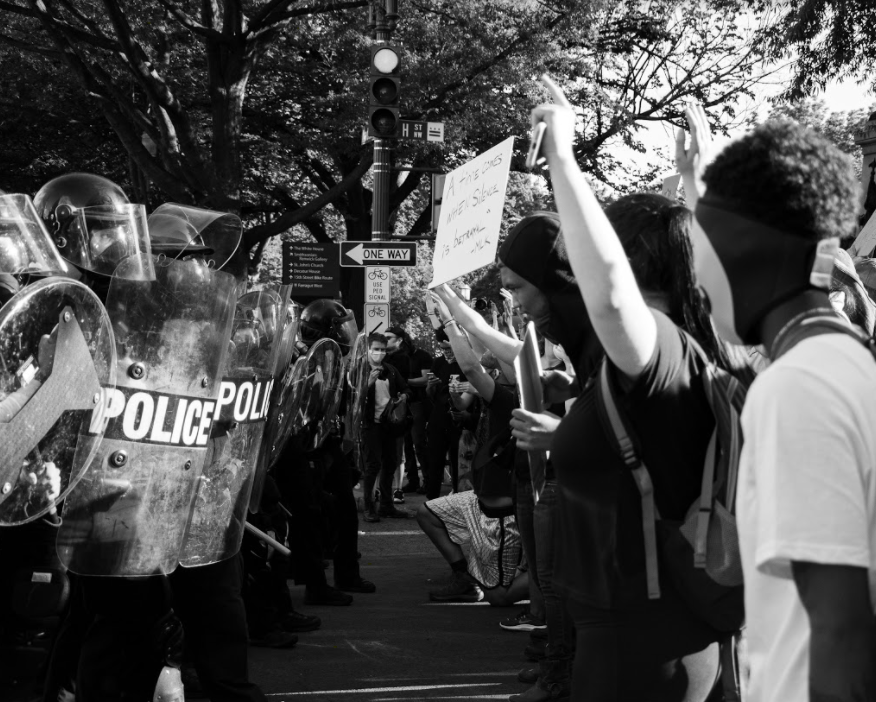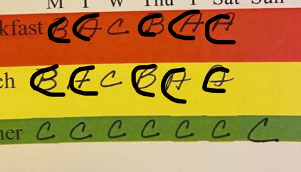Want Safer Cities? Defund the Police
The views of the American people regarding racism and police brutality have shifted dramatically over the summer. According to the Pew Research Center, the Black Lives Matter (BLM) movement has become far more popular amongst white people and 67% of all Americans now support the movement. The brutal police killings of Breonna Taylor, George Floyd, and Rayshard Brooks served as an awakening for millions in the US. As such, defunding the police is a policy rapidly growing in popularity. And that is for good reason — redirecting funds to invest in communities is the best way to attack the roots of crime. Municipalities need to stop running damage that costs Black Americans’ lives.
Cities would dedicate funds reallocated from police budgets to expanding existing public services that address the interwoven issues of inequality, poverty, and crime. The police are not equipped to deal with the consequences of homelessness, widespread substance abuse, low educational attainment, and structural racism, nor should they be. We need to stop burdening police officers with jobs they are inadequately trained for, such as pseudo-social workers and mental health responders. The only solution is to divest from police and focus funds on the social services that are exclusively committed to tackling these issues. Ben & Jerry’s illustrates this idea in the graphic below.

When assessing calls to defund the police, the historical context is illuminating. During the 1960s and 70s, Presidents Johnson and Nixon seized on the riots and general social unrest that accompanied the civil rights movement to justify beefing up police forces nationwide. This trend continued in the 1980s, fueled by concerns over the crack cocaine epidemic. Police budgets skyrocketed from $42 billion in 1977 to $115 billion today, adjusted for inflation. The American policing system has been manipulated by politicians eager to appear to be “tough on crime.” Yet, despite the more than nearly tripled police spending, crime has only declined by 21 percent. Clearly, the US has long surpassed the point where the marginal benefit of spending more on the police outweighs the cost. Municipalities would better utilize a sizable portion of police funding by investing in social services that strengthen American communities.
Take Chicago as a case in point. The city has spent nearly 40% of its discretionary budget on policing for years, yet its homicide rate is on the rise again. Instead of channelling these funds into constructive social services, Chicago spends these millions of dollars annually to over-police Black communities. This hyper surveillance subjects a disproportionate number of Black Americans to the justice system where they frequently face harsher punishments than white people who have committed equivalent crimes. In total, one in three Black American boys faces incarceration during their life compared to just 1 in 17 white boys, according to the Bureau of Justice Statistics. This over-policing and over-incarceration rob communities of one in six Black men ages 25 to 54, with disastrous effects for their families and communities and little effect on crime rates. In place of over-surveilling Black communities, Chicago should reallocate part of its billion-dollar police budget to better support education, job training, and affordable housing. Over time, these programs have proven themselves to promote social mobility and lower crime rates.
Currently, 44% of Black Chicagoans live in poverty, and the high school graduation rate for Black males is a paltry 65% compared to 85% nationwide. Suicides of Black youth have nearly doubled over the past 15 years across the nation, and some cities, like Chicago, are on pace to have the most Black suicides in a decade, according to data from the Cook County Medical Examiner’s office and the CDC. The racist system that has prioritized policing communities over supporting them has topical consequences: Black Americans are over 3.5 times more likely to die from Covid-19 than white Americans when elderly, vulnerable people (who make up a smaller proportion of Black Americans compared to White Americans) are taken into account. Overfunding law enforcement does nothing to change these terrifying statistics. The change these communities desperately need will only come through defunding the police in order to finance the programs that decrease poverty and provide better education and mental and physical health services.
It is clear that throwing increasingly large sums at ever-growing yet ineffective police forces has not improved the quality of American’s lives. Moreover, institutional racism within law enforcement routinely subjects Black Americans to hyper surveillance and police brutality. Instead of funding these mammoth police departments that are incapable of addressing the roots of crime, cities should support their underfunded public services that do tackle the interconnected issues of inequality and crime. This way, taxpayer money will be more effectively utilized through investing in better education, affordable housing, job training, mental health & substance abuse treatment, and more. Reducing police forces’ budgets is an essential first step in shifting the paradigm so police are serving their communities, not shooting citizens.











